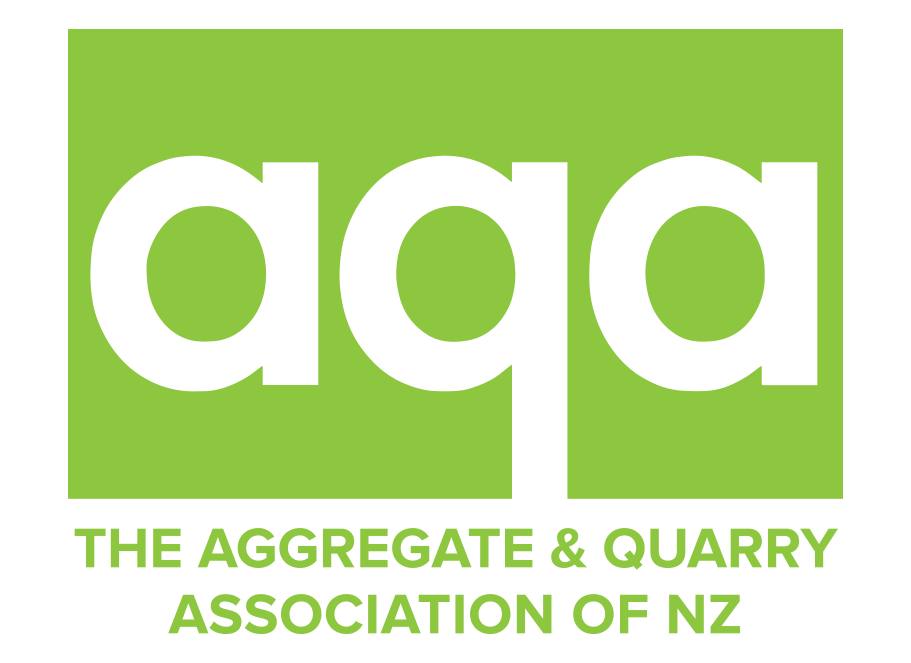Forest & Bird’s opposition to new consenting pathways for quarries is a call to burn more fuel and add cost to every new home, says the Aggregate and Quarry Association.
CEO Wayne Scott says F&B is effectively telling its members that sometimes tiny patches of pasture that get intermittently wet are more important than the prospect of transporting quarried materials for new homes and infrastructure projects over ever longer distances.
“Forest and Bird is saying it will fight all the way on the amendments we sought to provide some balance in the new freshwater regulations.”
Wayne Scott says what is now proposed is a consenting pathway that would allow quarries to provide mitigation and offsetting when they want to extract material on land which might have a patch of wetland which may only be a few square metres in size.
The amended regulations propose a consenting pathway for development within 100m of a natural wetland in pasture with more than 50% ground cover in exotic species such as grass.
“F&B now presents this as imperilling wetlands. I can only speak for our industry but for quarries nothing could be further from the truth. We have never sought carte blanche but the previous regulations locked up about 40% of quarry materials and were already impacting supply and costs.”
Wayne Scott says many quarries enhance or create wetlands, and the environment generally, as part of their development.
“Many Forest & Bird members will be familiar with places like Isaac Construction’s Christchurch site which includes the Peacock Springs flora and fauna sanctuary. That along with Fulton Hogan’s Stevensons site at Drury and Winstone Aggregates Pukekawa quarry were referred to in our case to Government for some changes to the regulations. We are grateful that on this occasion our advice was listened to.”
He says these quarries and many others are exemplars when it comes to managing natural wetlands and providing other environmental benefits.
“Often people have no idea that the park or community asset they are visiting, full of flora and fauna, was once a quarry. We just wish Forest & Bird would acknowledge the environmental upsides rather than beating an empty drum on destruction.”
Wayne Scott says he welcomes comments from the Environmental Defence Society which has said it sees a case for a consent pathway for quarrying because these need to be in specific locations where materials are available for extraction.
“That reflects some balance and recognises every new home needs around 250 tonnes of quarried materials. If these can’t be sourced locally the cost rises with every kilometre of cartage.”
Wayne Scott says Forest & Bird needs to explain to its members why it wants their funding to fight for huge increases in carbon emissions and congestion as well as even higher prices for new homes.
“If Forest & Bird is prepared to listen, or even come see what we do to support environmental restoration including wetlands, the quarry industry is up for it. That surely is better than vowing a fight which could cost every New Zealander for no environmental gain,” says Wayne Scott.
Contact: Wayne Scott 021 944 336



